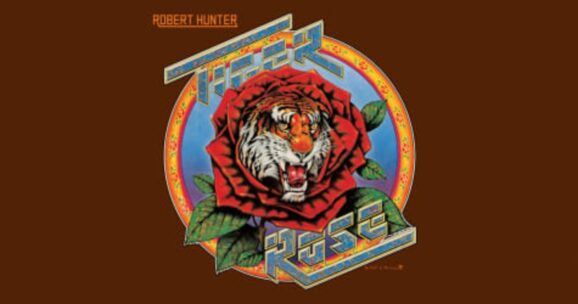Far from sounding dated, the content comprising this edition of Bear’s Sonic Journals vividly and accurately captures a moment in time worth revisiting. Notwithstanding its title as homage to the groundbreaking organization devoted to folk music, such a retreat is not just a nostalgic end in itself, but a self-renewing means of rediscovering the profundity of community.
By extension, this three-CD hardcover bound package (designed by Eye of Loulie Illustrations) evokes the shared values, musical and otherwise, that can resonate so deeply among like-minded creative individuals as well as their audience(s). So, in keeping with that tradition and the subsequent one epitomized by the Woodstock festival referenced in the intro by Wavy Gravy (a/k/a/ Hugh Romney, one of the ‘stars’ of that event), the initial performers turn their attentions to subjects topical and personal.
Country Joe McDonald thus sings to “Save The Whales” and recalls bittersweet memories of “Janis” (Joplin). Meanwhile, he updates “Feel Like I’m Fixin’ To Die Rag” with the cultural relevance of the era in which this benefit concert was recorded. In the course of the twenty-seven tracks on the first CD, his self-accompaniment on solo acoustic guitar evolves into dual instruments of the same kind for Rosalie Sorrels: she benefits from Mitch Greenhill’s fingering on his fretboard, along with her own, for “Postcard From India.”
Even with similar arrangements, a gently earthy quality arises from “Scared To Be Alone.” And there’s an even more pungent emotional quotient in play when Nina Gerber on guitar, mandolin, and vocals, plus Ford James on bass and vocals, join Kete Wolf: this is a trio acknowledging the passage of time “You’re Not Standing Like You Used to,” but hardly succumbing to it. And appropriately enough, the now deceased Wolf’s voice rings out at its most fulsome on Dino Valenti’s anthemic “Let’s Get Together.”
Fittingly too, idealism burns with a palpable fervor on “Shining.” Bringing to mind (and the ears) the clarity and presence of these recordings by Owsley Stanley–mastered by Jeffrey Norman–the immaculate sonics, as preserved by the former’s Foundation, become a tangible metaphor for resilience in its most palpable and durable form.
In keeping with the concept of this event as a benefit for the Seva Foundation (an international health organization), a gracious sense of humility pervades all these performances, right up to and including the twenty-minute set by Mickey Hart and Bill Kreutzmann. A decided change of pace from what preceded (plus a chance to contemplate those performers), the exotic interlude that is “Rhythm Devils” thus provides an ideal segue to the closing quintet of Jerry Garcia and Bob Weir where the two percussionists bond with those principals, plus with the long-time bassist of the JGB, John Kahn.
The nine selections recall the Grateful Dead’s 1981 album Reckoning (recorded the previous autumn and just released at the time of this occasion). Thus, inclusions of “Oh Babe It Ain’t No Lie,” “Monkey and the Engineer” and “Dark Hollow,” among others, are perhaps somewhat less interesting than their counterparts: Kahn pursues the root notes on his stand-up acoustic instrument as assiduously as Phil Lesh avoids them on his electric bass. Nevertheless, the vintage and traditional material links this impromptu collective to the roots of the music dominating this evening.
Meanwhile, the addition of a feather-soft take on the Garcia/Hunter/John Dawson (NRPS) “Friend of the Devil,” plus a rousing rarity in the form of Buddy Holly’s “Oh Boy!,” parlays that innate desire for change the Grateful Dead embodied for the duration of their existence. The otherwise quiet joy in the playing and singing ignites more raucous acclamation in the audience when they hear (and feel) it.
As much as there is to feed on throughout this just shy of two and a half hours total playing time, so too is there provocative and enlightening fodder aplenty filling the fifty pages inside these hardcovers. Prose by Dead scholars and members of the Owsley Foundation, juxtaposed with photos and art, serve to complement each other; these elements surprise and delight in ways each component on its own cannot. In that respect, these entries on paper constitute a direct reflection of the music on which they are based.












